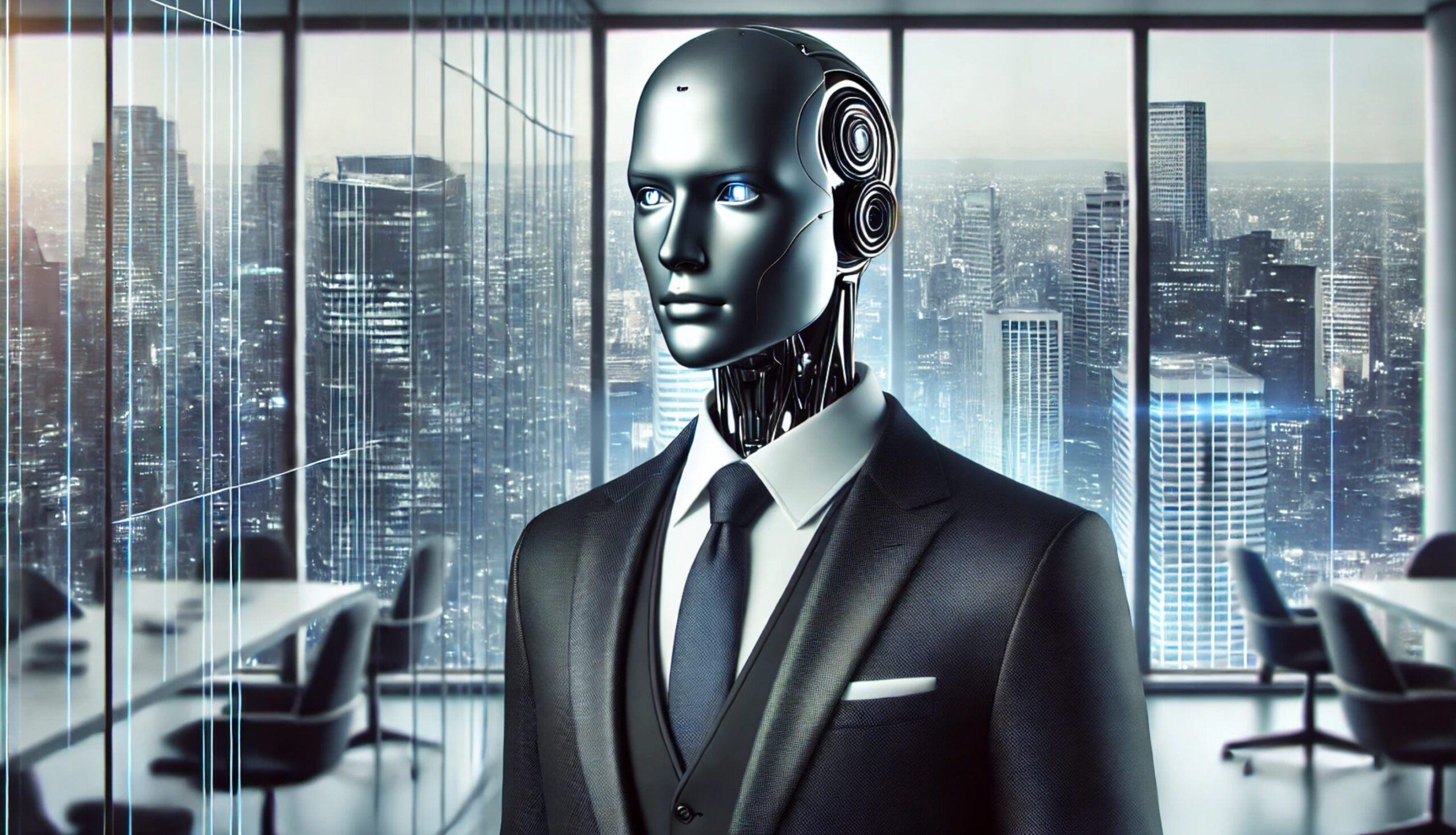
How AI agents are reshaping the threat landscape
The agentic AI ecosystem, powered by large language models (LLMs), is creating a new class of cybersecurity risks according to a new report.
The study from Radware finds AI agents can act autonomously, access tools and private resources, and interoperate between one another. As enterprises turn to AI agents, there is a need to govern and secure this new emerging layer of digital infrastructure.

Just six percent of CISOs have AI protection in place
While 79 percent of organizations are already using AI in production environments, only six percent have implemented a comprehensive, AI-native security strategy.
This is among the findings in the new AI Security Benchmark Report from SandboxAQ, based on a survey of more than 100 senior security leaders across the US and EU, which looks at concerns about the risks AI introduces, from model manipulation and data leakage to adversarial attacks and the misuse of non-human identities.

93 percent of software execs plan to introduce custom AI agents
New research from OutSystems shows an increasing trend in agentic AI prioritization among software executives with 93 percent of organizations already developing -- or planning to develop -- their own custom AI agents.
IT leaders are under pressure to deliver measurable business value while managing constrained resources and aligning technology investments with long-term strategic goals. Introducing agentic AI helps address these demands by tackling challenges like fragmented tools, and limited ability to leverage data siloed across the organization.

What is an AI agent and why should you build one?
AI agents are having a moment. From automating customer service to optimizing supply chains, AI agents are constantly promising to transform how organizations operate -- faster, smarter and more efficiently. In fact, recent research from Salesforce shows that 93 percent of IT leaders plan to implement AI agents in the next two years. But what exactly is an AI agent?
An AI agent is a software system that can autonomously perform tasks like answering customer inquiries and translating documents in multiple languages, improving overall efficiency and customer experience. Unlike traditional automation tools that follow static rules, AI agents continuously learn from data and adapt to changing conditions to make decisions on their own, in real time. That’s what makes AI agents powerful and risky.

The newest AI revolution has arrived
Large-language models (LLMs) and other forms of generative AI are revolutionizing the way we do business. The impact could be huge: McKinsey estimates that current gen AI technologies could eventually automate about 60-70 percent of employees’ time, facilitating productivity and revenue gains of up to $4.4 trillion. These figures are astonishing given how young gen AI is. (ChatGPT debuted just under two years ago -- and just look at how ubiquitous it is already.)
Nonetheless, we are already approaching the next evolution in intelligent AI: agentic AI. This advanced version of AI builds upon the progress of LLMs and gen AI and will soon enable AI agents to solve even more complex, multi-step problems.
